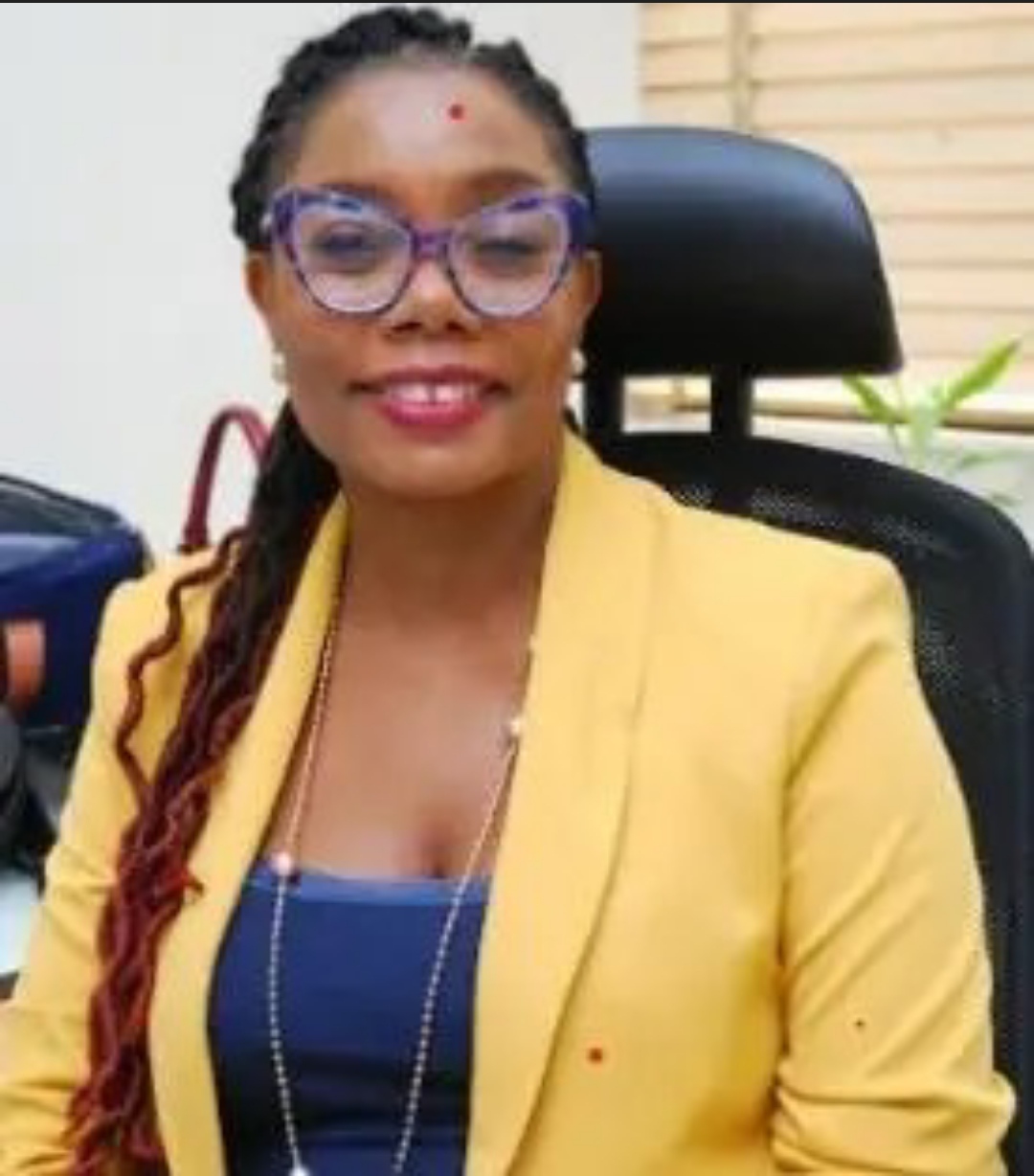
REVEALED: SECRETS TO SURVIVING CANCER
REVEALED: SECRETS TO SURVIVING CANCER
‘Cancer is expensive to treat but not death sentence if detected early’
…As NLCC treats over 6,500 patients in 3 years
For most Nigerians, a diagnosis of cancer is like a death sentence, but according to cancer experts, one of the secrets to surviving cancer is early diagnosis and treatment.
More than 40 percent of cancer-related deaths are preventable through routine screening, early detection and treatment, but every year, there are over 100,000 new cancer cases diagnosed along with several thousand cancer-related deaths in Nigeria.
Addressing this challenge is the rationale behind the efforts of the Nigeria Sovereign Investment Authority/ Lagos University Teaching Hospital (NSIA-LUTH) Cancer Centre, NLCC, to close the gap and other barriers in access to quality cancer care in the country.
The Centre Director, NLCC, Dr Lilian Ekpo, told Saturday Vanguard that cancer is a collective burden and so requires collective support to be affordable.
Her words, “The NLCC is a centre of excellence for the management of cancer in Nigeria, and our resolve is to fight cancer as one committed team made up of highly qualified clinical and radiation oncologists, medical physicists, therapy radiographers, oncology nurses, and other specialists.
“Cancer is not a death sentence once detected early, we need to emphasise this. For instance, cervical cancer is one of the easiest cancers to treat once detected early.
It is very preventable and women are encouraged to take the Human Papilloma Vaccine for prevention.
“One of the key tools for treating cervical cancer is Pap Therapy which the NLCC has the first and only fully functional 3D pap smear machines, while other centres have 2D machines and this is pivotal in the treatment. We are focused on treatment.”
Noting that the centre boasts some of the most advanced equipment used in providing advanced treatment of various types of cancer, Ekpo said, “What should happen in our country and other Low and Middle-Income countries that struggle with resources, and where care, drugs, and cancer machines are expensive, is to focus on preventive efforts including screening.”
The Centre Director, said the NLCC has an in-house team, which is the largest clinical and radiation oncology expert staff in West Africa with 160 collective years of clinical oncology experience; 123 collective years in therapy radiography, and 56 collective years of experience in medical radiation physics.
“We want to champion a better way of doing things and build a clearer vision of the future -a future where people live healthier lives and have better access to health and cancer services.”
Noting the need for raising consciousness among policy and decision-makers to deepen their commitment to the world where cancer services are more accessible, Ekpo called for better understanding for everyone around a cancer participant during the process of accessing care so that the cancer scourge can be surmounted.
“In effect, our primary, focus in Nigeria this year is to drive our people to seek to prevent cancer by adopting lifestyles that can prevent its occurrence as we’ve seen in the modifiable causes of cancer.
“We will equally like to get our people to go for regular screening with a view to detecting early if it occurs and finally, getting treatment started early in the event that a person is diagnosed with early stages of cancer.
Let us join hands as we help more people move away from the notion that cancer is a death sentence. It need not be if we detect it early and commence treatment early.”
On the high cost of treatment, she said it was unavoidable because the equipment to treat cancer is expensive.
“A linear accelerator, which is highly specialised costs a lot of money. This centre has three linear accelerators, and setting up the entire ecosystem to ensure that the quality of care is good is not cheap. But the Centre is working to ensure that the costs are not out of the reach of the average Nigerian.
“We are doing our best to keep the cost of cancer management down; the ultimate aim is to continue to advocate bringing about health insurance for all.
There is a catastrophic fund that is about the first government’s foray into a pooling of funds to ensure that patients have access to care but it needs to get deeper than that. There must be health insurance for all and the law needs to put cancer care on the front burner.”
Corroborating the Centre Director, a radiation oncologist and Head of Clinical and Radiation Oncology, NLCC, Dr. Muhammad Yaqub Habeebu, said a third of cancers can be cured if detected early, and that treatment is what the NSIA-LUTH Cancer Centre is all about.
Habeebu said that cancer is difficult and expensive to treat because the technology of treating cancer is more expensive than for other diseases.
“In other diseases, the infections are foreign agents in the body, and the body systems can easily recognise them and there can be drugs that can attack them without attacking the body cells, however, cancer cells are body cells that just behave abnormally, so you need very high tech drugs to be able to differentiate between cancer cells and body cells which are similar except in a few cases,
“These drugs are expensive, and also, irradiation is very difficult to produce, the machines that can produce these rays to be used in a safe way are expensive, so the technology of treating cancer is more expensive than for other diseases.
“But if you compare the cost of treatment and care in Nigeria to any other centre anywhere in the world, you will discover that it costs around a tenth of the cost outside the country and that is why we have Nigerians coming from abroad for treatment.
In his own view, the Chairman, Medical Advisory Council, LUTH, Professor Wasiu Lanre Adeyemo, said all hands need to be on deck to tackle cancer in Nigeria.
“We all have a role to play in cancer care, and we need to replicate this centre. As the CMAC and a surgeon, I can tell you that the outcome of our cancer care has improved greatly due to the NLCC.
If you look at the data that we have on head and neck and maxillofacial cancers, the data here is above average than everywhere else.
“This is because people now know that we have a cancer centre here. We receive patients from other places and in my clinic, we do surgeries, and radiotherapy and when the result is compared to what we have seen in the last 10-15 years, it is significantly improved.”
Since it commenced operation on the 29th of May 2019, the Centre has attended to over 6,500 patients have been comprising over 6,231 chemotherapy treatments, 3,997 radiotherapy treatments and 97 brachytherapy treatments.
The NSIA LUTH Cancer Centre boasts some of the most advanced equipment used in providing advanced treatment of various types of cancer.
It is the only centre in Nigeria and West Africa with a fully kitted Brachytherapy suite with a 3-Dimensional HDR Gamma med brachytherapy machine.
The Centre has the competence to manage breast cancer, cervical cancer, prostate cancer, ovarian cancer, colon cancer head & neck cancer, basal cell cancer, melanoma, lung cancer, sarcomas, leukaemia and lymphoma.
Source: Vanguard News

